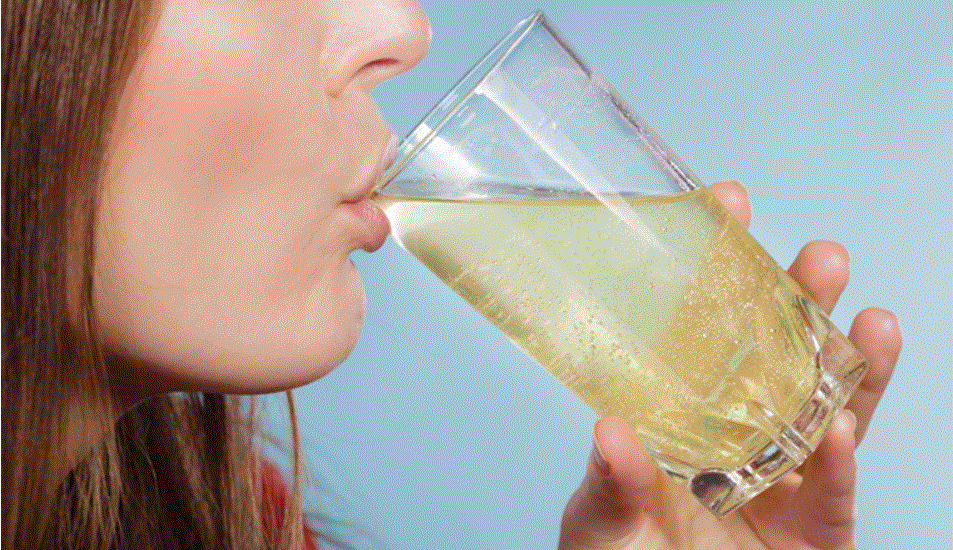
FSM News and Articles
Food labelling: When is a medicine not a medicine? “Complementary medicines listed on the Australian Register of Therapeutic Goods (ARTG) through the Therapeutic Goods Administration (TGA) are generally assessed for quality and safety, but not efficacy. Restrictions also apply when advertising a listed medicine, including on claims or implications that it will be useful in the treatment or prevention of serious illnesses that would require the involvement of a health professional. Contrastingly, sponsors registering products via FSANZ self-declare that their products are beneficial for serious conditions without independent assessment of the available evidence.”
FSM Friends News and Articles
Reiki: Not plausible, not effective, not harmless: “Reiki is a form of healing which rests on the assumption that some form “energy” determines our health. In this context, I tend to put energy in inverted commas because it is not the energy a physicist might have in mind. It is a much more mystical entity, a form of vitality that is supposed to be essential for life and keep us going. Nobody has been able to define or quantify this “energy”: it defies scientific measurement and is biologically implausible. These circumstances render Reiki one of the least plausible therapies in the tool kit of alternative medicine.”
General
Kids are more vulnerable to the flu – here’s what to look out for this winter: A ten-year-old Perth boy is the latest Australian child to die from suspected influenza so far this year. This follows the deaths of three Victorian children, and a teenager in South Australia.
Vaccination is recommended for all Australians from six months of age. It’s free for all children aged from six months to under five years, those with certain medical risk factors including severe asthma and chronic heart, respiratory, neurological and immune conditions, all Aboriginal and/or Torres Strait Islander people, pregnant women, and people aged 65 years and over. Those too young to be vaccinated (children five months and younger) are protected by their mothers being vaccinated during pregnancy. You can get your family vaccinated at your local general practice, council or community health clinic, or Aboriginal Medical Service. If you or your child are not eligible for a free flu vaccine, the usual vaccine cost is around A$20.
As the virus is constantly changing, the effectiveness of the vaccine can vary each year. Australian research has shown that the risk of flu is reduced, on average, by 50-60% in children who receive the vaccine. This can mean that some children who get vaccinated will unfortunately still get the flu. However, some evidence suggests the disease will be milder if you catch it and have been vaccinated.
Facebook removes conspiracy site, Natural News: DING DONG…social media death sentence for THE HEALTH DANGER.
Exclusive – US homeopaths claim ‘therapies’ prevent measles and ‘cure’ autism: “The last time that the American public relied on “natural exposure” to measles – that is, before the US measles vaccination program began in 1963 – the disease caused untold human suffering. Up to 4 million Americans contracted it each year, of whom almost 50,000 were hospitalized and 500 died annually.”
Great Moments in Health and Science
The invention of the PET scan – How does the PET scan compare to other tests? Using a combination of medical imaging and radioactive dye, PET scans can (among many other uses) see “lit-up” areas of the body where there is cancer.
Thanks to Science
Australians are not just living for longer – we’re staying healthier for longer, too. New data show that Australians are living longer than before and points to a few key reasons why. Reduction in deaths from cancer, congenital diseases and heart conditions have been implicated as the biggest factors behind our improved lifespans and the increased number of non-disabled years the average Australian experiences. There’s still room for improvement though – both through better diagnosis/treatments and modifiable lifestyle factors. “Although some risk factors like overweight and obesity have worsened, the decline in smoking, high blood pressure, high cholesterol and alcohol use has more than compensated for those risk factors which have worsened or those risk factors, like physical inactivity, which have not improved.”